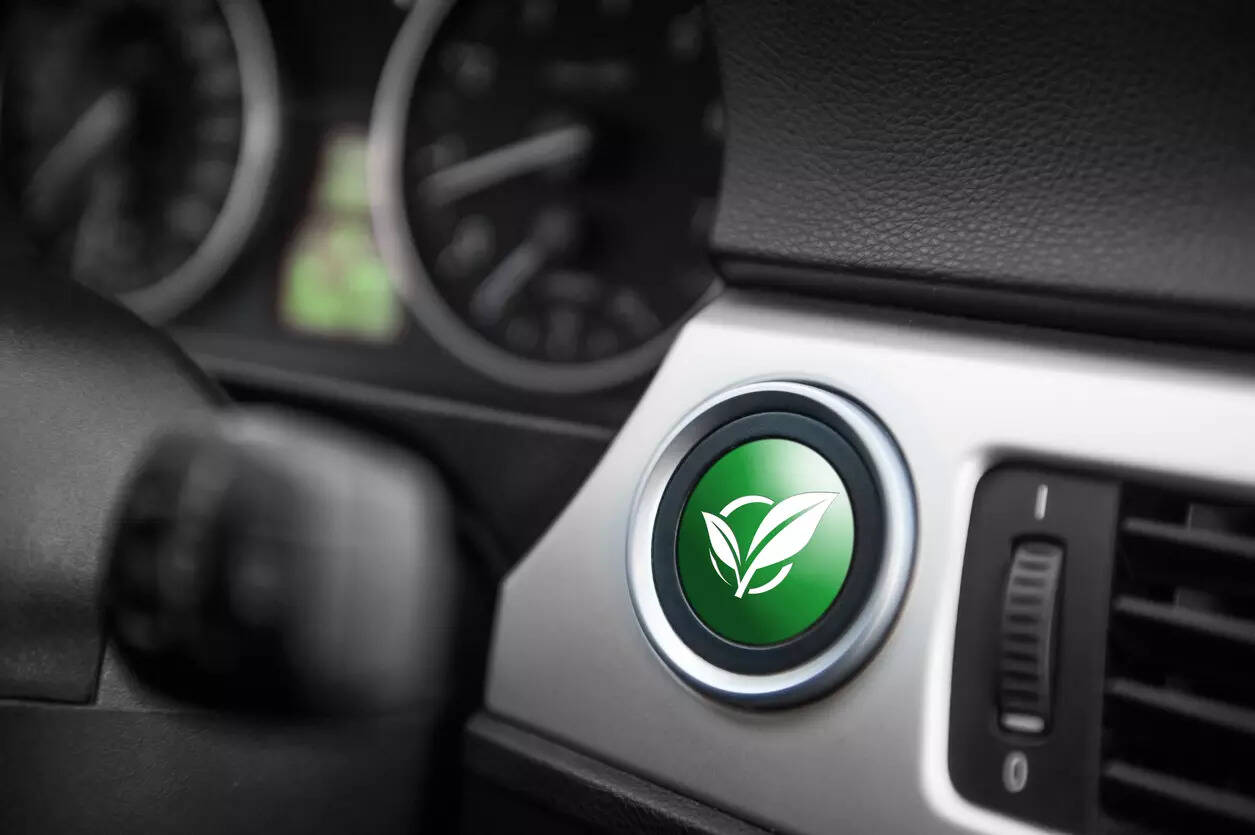
European carmakers are fighting back against proposed emission regulations they argue are too costly, rushed and unnecessary, but which the European Commission says are needed to cut harmful emissions and prevent a repeat of the Dieselgate scandal.
European Union countries and lawmakers will negotiate “Euro 7” proposals this year on tighter limits for car emissions – for diesel cars, but not petrol – and for heavy-duty trucks and buses, including nitrogen oxide and carbon monoxide.
The EU has progressively tightened limits since “Euro 1” in 1992.
The Commission’s proposal widens real-driving emissions (RDE) testing and adds continuous testing of emissions via an on-board monitoring system.
Euro 7 would take effect in mid-2025 for cars and in mid-2027 for trucks and buses.
The rules would also cover tyre and brake emissions.
Executives including Stellantis CEO Carlos Tavares say the rules are “useless” while carmakers invest tens of billions of euros in electric vehicles (EVs) and start phasing out fossil-fuel cars.
The tempo of complaints has increased recently.
Lobby group the European Automobile Manufacturers’ Association (ACEA) said Euro 7 would raise new car prices by 2,000 euros (USD 2,145) and an executive at Czech carmaker Skoda claimed the Volkswagen unit would have to axe 3,000 jobs. Iveco CEO Gerrit Marx called the proposals “plain stupid”.
The European Commission estimates Euro 7 could add up to 150 euros to car prices and 2,600 euros for trucks and buses.
The ACEA says pollutant reductions from Euro 7 will be minimal. The Commission argues they will be significant.
Mattias Johansson, Volvo Cars’ head of governmental affairs, told Reuters the 2025 deadline left “practically no reasonable lead time” to make engine changes and lacks details on testing procedures. Volvo has committed to being fully electric by 2030.
Daimler Truck CEO Martin Daum said new emission sensors will require “huge investments” and Alexander Vlaskamp, CEO of Traton unit MAN estimates Euro 7 will cost it 1 billion euros.
Truck makers also complain Euro 7 comes as they face tougher CO2 limits from 2030.
“It is an accepted behaviour of politicians in Brussels to bash the automotive industry because we deserve it” following Dieselgate, Iveco’s Marx said.
A Commission spokesperson declined to comment on executives’ statements, but said Euro 7’s real-driving emissions tests were important because of “scandals in the past about cheating devices”.
In the Dieselgate scandal, Volkswagen admitted in 2015 to fitting about 11 million cars worldwide with software to cheat diesel emissions tests – costing the German carmaker more than 32 billion euros in vehicle refits, fines and legal costs.
Last week, the International Council for Clean Transportation (ICCT), an independent non-profit organisation, said 77% of tests on pre-RDE Euro 6 diesel vehicles exceed a “suspicious” emissions threshold, indicating “likely use” of cheating devices.
Stefan Bratzel, head of think-tank the Center of Automotive Management, said Dieselgate has created an image problem for carmakers where “you couldn’t trust in what they said.”
Not all of the auto industry is unhappy about Euro 7.
Vitesco CEO Andreas Wolf said the powertrain supplier sees it as an opportunity.
“The timeline means stress for a lot of companies,” he said. “But we are prepared for everything.”
Cummins feels Euro 7 “strikes a good balance between being tough, clear and enforceable,” said Pete Williams, the U.S. engine maker’s European head of technical compliance.
But Williams added there are some vague areas, including how on-board monitoring (OBM) – a system inside a vehicle to detect if the vehicle is exceeding emission limits – should work.
“We know how to spell OBM, but we don’t know what it is,” Williams said. “So obviously we’re encouraging the Commission to move quickly to define that.”

